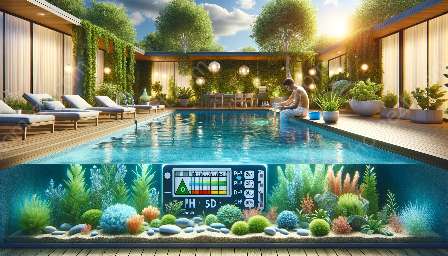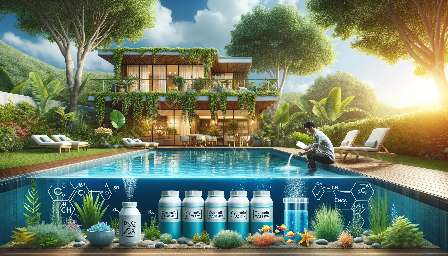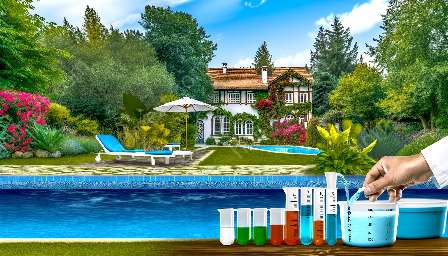When it comes to maintaining the water chemistry and overall health of swimming pools and spas, proper circulation plays a crucial role. This comprehensive guide explores the significance of pool circulation, its impact on water chemistry, and its contribution to the well-being of swimming pools and spas.
The Role of Pool Circulation
Pool circulation refers to the movement of water throughout the pool or spa via the filtration and pumping systems. Proper circulation helps distribute chemicals evenly, ensures effective filtration, and prevents the formation of stagnant water areas. It also aids in maintaining consistent water temperature and minimizing the buildup of debris and contaminants.
Impacts on Water Chemistry
Effective circulation is essential for achieving and maintaining balanced water chemistry. By promoting the even distribution of chemicals, including sanitizers, pH adjusters, and algaecides, proper circulation helps prevent the formation of hot spots or areas with imbalanced chemical levels. This contributes to a safe and comfortable swimming environment for pool and spa users.
Enhanced Filtration
Proper circulation ensures that water passes through the filtration system consistently, allowing the filter to capture and remove debris, dirt, and contaminants. This not only improves water clarity but also reduces the load on chemical treatments, resulting in more efficient and cost-effective maintenance of water chemistry in swimming pools and spas.
Preventing Algae and Bacteria Growth
Stagnant water areas provide a conducive environment for the growth of algae and bacteria. By promoting continuous water movement, pool circulation helps thwart the proliferation of these unwanted microorganisms, contributing to the prevention of waterborne illnesses and maintaining clean, healthy water.
Minimizing Chemical Imbalance
Inadequate circulation can lead to uneven chemical distribution and localized concentration of sanitizers and other water treatment chemicals. This can result in irritations to the skin, eyes, and respiratory system of swimmers. Proper circulation helps mitigate these issues by facilitating the even mixing and dispersion of chemicals, thereby minimizing the risk of chemical imbalance and its associated health concerns.
Optimizing Pump and Filter Efficiency
Effective circulation ensures that the pump and filter systems operate optimally, enhancing their overall performance and lifespan. By maintaining a consistent flow of water, pool circulation reduces the strain on these essential components, leading to improved efficiency, reduced maintenance requirements, and prolonged durability.
Recommendations for Improving Circulation
There are several strategies to enhance pool circulation, including the strategic placement of return inlets, proper sizing and positioning of the pump and filter components, and regular maintenance of equipment to ensure optimal functionality. Additionally, the use of variable-speed pumps and automated control systems can further improve circulation efficiency while reducing energy consumption.
Conclusion
Pool circulation is a fundamental factor in maintaining water chemistry, enhancing filtration, and ensuring a pleasant and safe experience for users of swimming pools and spas. By promoting the even distribution of chemicals, preventing stagnation, and optimizing filtration and disinfection processes, proper circulation significantly contributes to the overall health and vitality of pool and spa water.



















